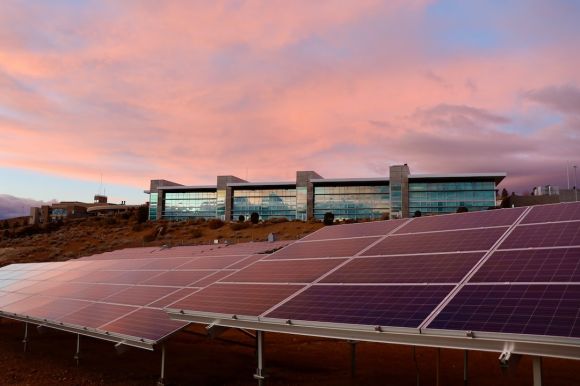Solar energy is becoming increasingly popular as a sustainable and environmentally friendly alternative to traditional energy sources. One application of solar energy that has gained traction in recent years is the use of solar water heaters. These innovative systems harness the power of the sun to heat water, offering a range of benefits to homeowners and businesses alike. In this article, we will delve into the advantages and disadvantages of solar water heaters to determine whether they are worth the investment.
Advantages of Solar Water Heaters
1. Cost savings: One of the primary advantages of solar water heaters is the potential for substantial cost savings. By utilizing the sun’s energy to heat water, homeowners can significantly reduce their reliance on conventional energy sources, such as electricity or gas. This translates into lower utility bills and long-term savings.
2. Environmental benefits: Solar water heaters are an eco-friendly choice, as they produce zero greenhouse gas emissions during operation. By reducing reliance on fossil fuels, these systems contribute to a cleaner and greener environment.
3. Energy independence: Harnessing solar energy for water heating allows homeowners to become more self-sufficient. With a solar water heater, you are less dependent on the grid, making you less vulnerable to energy price fluctuations and power outages.
4. Government incentives: In many countries, governments offer various incentives and rebates to encourage the adoption of renewable energy technologies, including solar water heaters. These financial incentives can offset a significant portion of the initial investment, making the system more affordable and attractive.
Disadvantages of Solar Water Heaters
1. High upfront costs: While the long-term cost savings of solar water heaters are evident, the initial investment can be relatively high. The cost of purchasing and installing the system may deter some homeowners, especially those on a tight budget.
2. Weather-dependent performance: Solar water heaters rely on sunlight to generate heat, meaning their performance can be affected by weather conditions. On cloudy or rainy days, the system’s efficiency may decrease, resulting in less hot water production. However, advancements in technology have made modern solar water heaters more effective at capturing and utilizing sunlight, mitigating this issue to some extent.
3. Space requirements: Installing a solar water heater requires an adequate amount of space, typically on a rooftop or open area with ample sunlight exposure. For properties with limited space, this may pose a challenge and limit the feasibility of installing such a system.
4. Maintenance and repair: Like any other appliance, solar water heaters require regular maintenance to ensure optimal performance. This may involve periodic inspections, cleaning of solar panels, and potential repairs or replacements of components. While maintenance costs are generally low, they should be factored into the overall cost of ownership.
Are Solar Water Heaters Worth the Investment?
Considering the advantages and disadvantages discussed, the decision to invest in a solar water heater ultimately depends on individual circumstances and preferences. If you have the financial means to cover the upfront costs and are committed to reducing your carbon footprint, a solar water heater can offer significant benefits in terms of cost savings, environmental impact, and energy independence.
Furthermore, the availability of government incentives and rebates can further sweeten the deal, reducing the payback period and making the investment more enticing. However, if the upfront costs or space requirements are prohibitive, or if you live in an area with limited sunlight, alternative water heating options may be more suitable.
In conclusion, solar water heaters can be a worthwhile investment for those looking to save money, reduce their environmental impact, and gain energy independence. However, careful consideration of the advantages and disadvantages, along with a thorough assessment of individual circumstances, is crucial before making the decision to install a solar water heating system.



